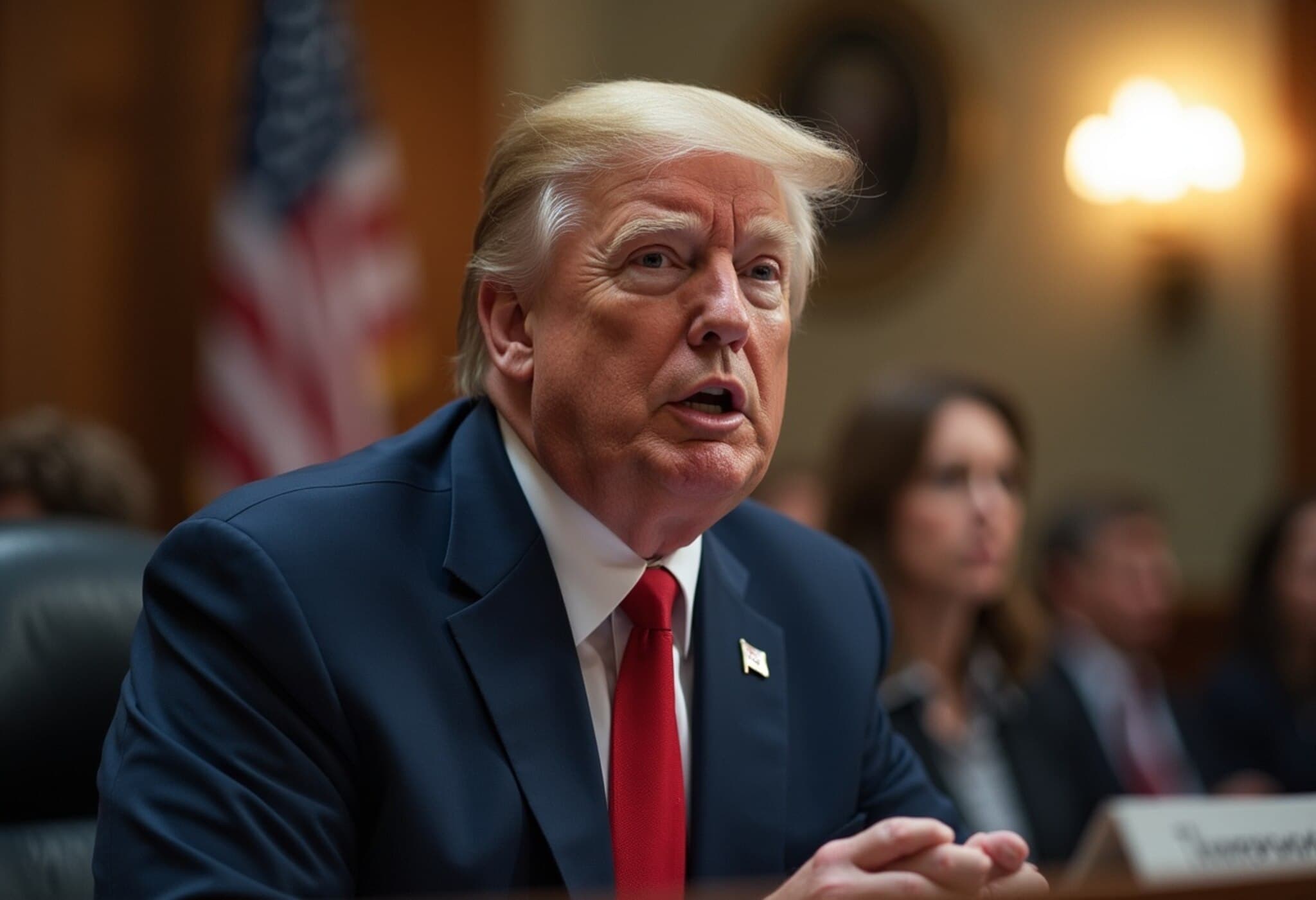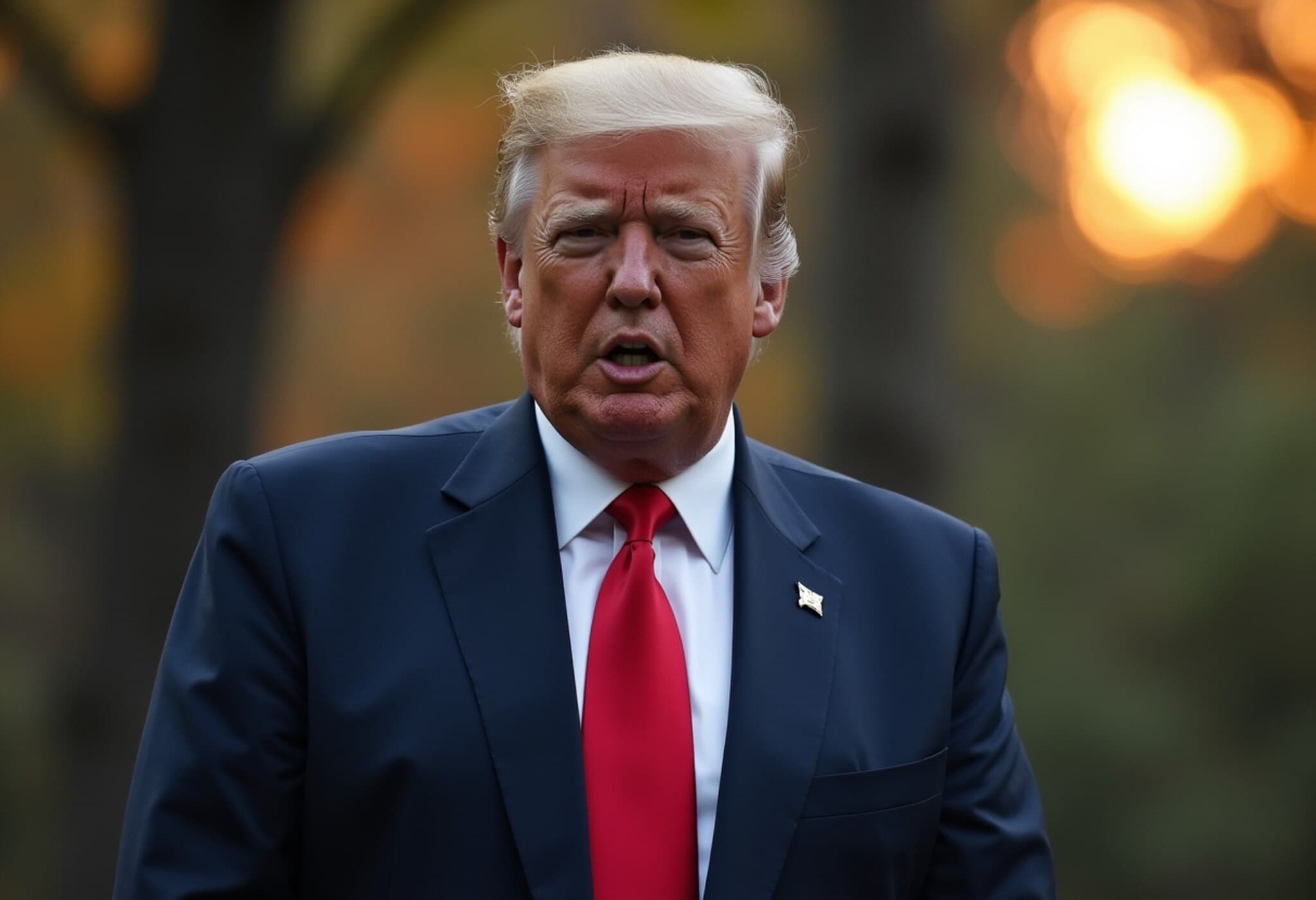Massachusetts Emerges as America’s Most Improved State for Business in 2025
In a remarkable turnaround, Massachusetts has leapfrogged 18 spots in CNBC’s 2025 rankings to become the nation’s most improved state for business, rebounding strongly after a significant 23-place drop last year. This resurgence signals a renewed vigor in the Bay State’s economic landscape, driven largely by its financial independence from federal funding—a factor increasingly critical as sweeping federal budget cuts reshape state economies across the United States.
The Power of Independence Amid Federal Cuts
Massachusetts’ comeback was propelled by its relative autonomy from Washington’s purse strings. Federal grants and funding compose about 30% of the state's government spending, making it the 14th least dependent state on federal dollars nationwide. For comparison, Alaska is the least dependent at 19%, while states like New Mexico find themselves far more reliant—up to 50%—on federal funds.
Furthermore, less than 0.5% of Massachusetts’ workforce is employed by the federal government, ranking it eighth lowest in terms of federal employment relative to its population. This independence provides a buffer against the disruptive financial shocks stemming from Washington’s tightened budgets under the Trump administration.
Leadership and Local Solutions: Filling the Federal Void
Governor Maura Healey’s administration has been proactive in stepping up state funding to compensate for federal shortfalls, particularly in critical social areas. One standout example is Massachusetts’ commitment of $1.5 billion toward child care funding — fully replacing federal funds that vanished after pandemic relief programs ended. Her January speech emphasized the state’s resolve to tackle complex challenges head-on, a sentiment echoed by citizens feeling the pinch of nationwide funding cuts.
This commitment helped the state climb to an impressive eighth place in the Quality of Life category, though experts caution more work remains to improve affordable childcare access statewide.
Innovation at a Crossroads: The Harvard Controversy and Research Funding Risks
Despite this progress, Massachusetts’ economic ecosystem faces serious headwinds, especially in the research and innovation sector, a critical engine of the state’s prosperity. The state ranks as the third-largest recipient of federal health and science research grants nationally, with prestigious institutions like Harvard University at the epicenter.
Since April 2025, the federal government has controversially frozen $3.2 billion in grants to Harvard and cut ties on additional contracts, citing concerns over perceived political bias and other contentious issues. Harvard has legally challenged these moves, invoking First Amendment protections and defending its anti-discrimination practices.
Christopher Anderson, president of the Massachusetts High Technology Council, warns that Harvard’s predicament reflects broader vulnerabilities. Numerous research institutions across the state face similar funding uncertainties, disrupting projects and innovation pipelines vital to Massachusetts’ tech-driven economy.
The University of Massachusetts, for instance, has been forced to consider potential federal budget cuts ranging between 3% and 5%. Already feeling the impact, its federal research awards have dropped by $29 million compared to last year, forcing the university to activate matching funds to partially offset salary and research losses. Still, with annual federal research support typically around $180 million, these measures represent only a small buffer against deeper cuts.
Economic Challenges Beyond Federal Funding
Massachusetts’ fiscal landscape complicates further the state’s ability to fully capitalize on its independent streak. Anderson points to a long history—nearly 15 years—of rapid state spending growth that, he claims, has left Massachusetts less nimble at a time it needs targeted investment in groundbreaking sectors like artificial intelligence.
The recently enacted Mass Leads Act, championed by Governor Healey, aims to inject hundreds of millions into life sciences, climate tech, and AI over the next four years. Yet, borrowing limits and budget constraints currently restrict available funding to just $251 million of a targeted $4 billion, limiting the state’s competitive edge.
Moreover, Massachusetts remains a costly place to do business. It ranks as the second-most expensive state, trailing only California, with the highest wages nationwide and third-highest utility costs. Heavy regulations have pushed it to 42nd place in business friendliness, underscoring persistent structural challenges that threaten to overshadow its economic strides.
The Road Ahead: Embracing Collaboration and Strategic Growth
Looking forward, industry leaders like Anderson suggest Massachusetts may need to evolve beyond relying heavily on public funding. Closer partnerships between private enterprises and research institutions could herald a new era of innovation-powered growth.
“This could be Massachusetts’ moment to leverage its independent spirit, embracing collaboration that unlocks private sector dynamism alongside academic excellence,” Anderson remarked.
Editor’s Note
Massachusetts’ bounce-back story in 2025 illustrates how fiscal independence can shield states during times of federal retrenchment, but it also highlights the fragility of ecosystems reliant on research dollars and regulatory environments. As federal policy continues to shift, the state’s ability to innovate and maintain competitive advantages may depend on creative collaborations, shrewd fiscal management, and sustained investments beyond traditional funding sources. For policymakers, businesses, and residents alike, the central question remains: can Massachusetts balance its historic strengths with economic realities to sustain long-term growth?
















